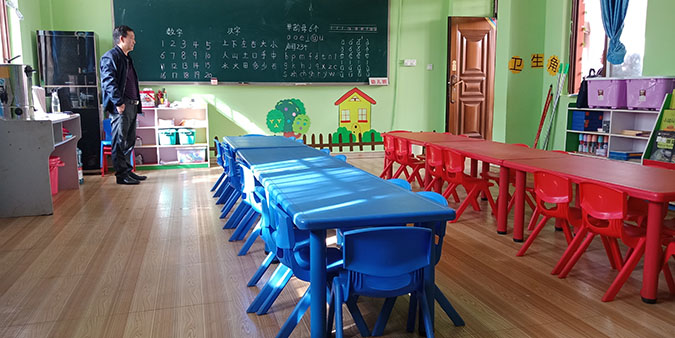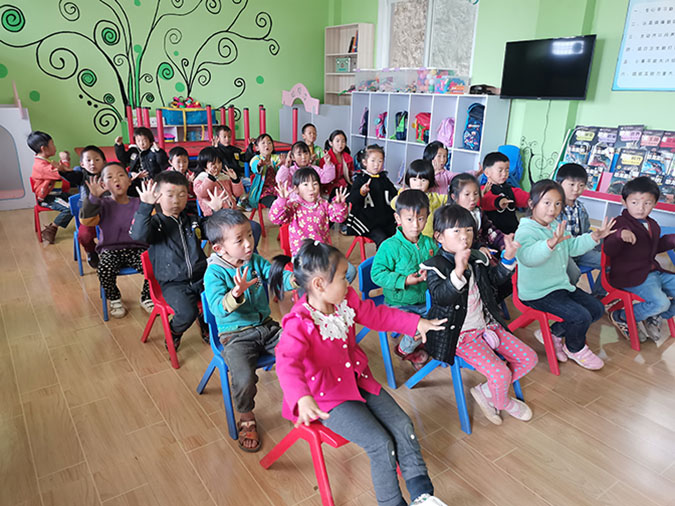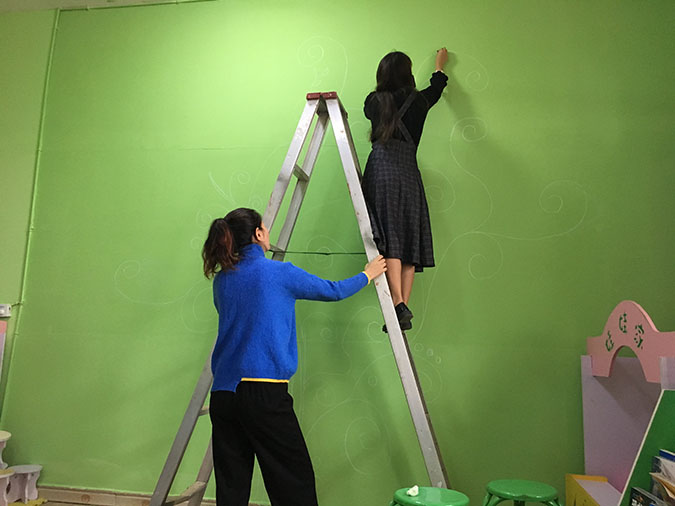In 2017 the Yunnan Province Education Department took a commercial loan of USD 50 million from the World Bank to improve Early Childhood Education in 7 counties in Yunnan and construct 15 model kindergartens, establish 3 research centers and develop new guidelines and management systems for rural preschools. According to statistics of the Ministry of Education the percentage of children enrolled for three years in preschools/kindergartens in 2016 in China was 77.4%, in Yunnan Province 68.27% and in Zhaotong Prefecture 28.19%.
Given its track record of preschool education experience, HPP China was allowed to bid for providing technical assistance to 2 loan project counties, and won a contract for a four-year period to support 5 preschools in Qiaojia County of Zhaotong Prefecture in 2018. In collaboration with the Qiaojia County Bureau of Education, we provide technical support, conduct field activities based on upper government decisions, and undertake training for teachers and parents.

The Qiaojia preschool project prevents poor children from becoming poor adults. The PoF projects are established in remote, poverty-stricken areas, followed by recruitment and on-the-job training of preschool teachers. Parents’ committees are established to support the project. Children attending the POF are aged between three and five years. Besides traditional school subjects, they learn about nature, animals, nutrition, hygiene and expression through arts and music, laying a solid foundation for primary school.
The project proposed to cover five preschools four years from February 2018 in Qiaojia County, Zhaotong to benefit 150 children and their parents. By the end of June 2019, 228 children and their parents have been supported, with 7 preschool classes in operation. Two more classes were added to the project from September 2019, to reach nine classes.
An evaluation of parents in the project April 2019 showed that 84% parents had a good understanding of early childhood preschool education and common disease prevention measures. Out of a total of 158 children tested, 95% could communicate in basic Mandarin.






